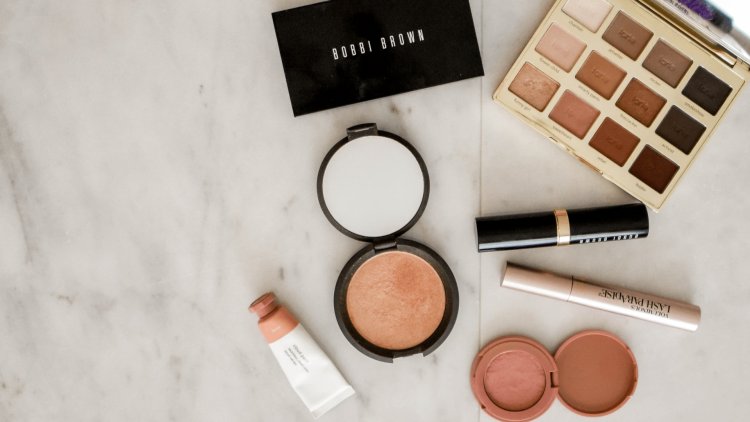Be careful about the shelf life of your makeup
All makeup has a certain shelf life. As a rule, powders last longer than liquid make-up, and mascaras and sponges are especially suitable for the development of bacteria.

Makeup is not resistant to time, and some cosmetic products are especially suitable for the reproduction of bacteria. Read the next few tips on how to distinguish makeup that is still good from one that has expired.
Mascara
It requires the utmost care because the brush regularly collects bacteria on the way from the tube to the lashes. Stale bacteria can lead to redness and rashes, and in the worst case, conjunctivitis. Mascara should therefore be changed every two to three months. You will recognize that it is time for a new mascara if it smells like gasoline.
Concealer
It should cover impurities, not create new ones, which can happen when using an expired concealer. Powder concealer can last up to two years, while liquid concealers spoil within a year.

Powders and blushes
This is the longest-lasting cosmetics with a shelf life of two years. However, there is a plot to this too! It is important to change your makeup brushes regularly and to avoid contact of powders and blushes with water.
Shadows
Since they are in constant contact with the mucous membrane, their shelf life is shortened, so it is desirable to change them on average every three months.
Pencils
Like shadows, they touch areas where they can easily pick up bacteria and spread them around the eyes. They last on average a month, although even after a long time they will not take on visible shortcomings.
Lipstick
They do not contain water, so the only danger comes from touching bacteria around the lips. After a while, they can take on unpleasant odors due to “greasy” ingredients. Lipstick is spoiled when it becomes too hard and when the paint cannot be applied evenly.
Brushes and other applicators
They can last for years if properly cleaned and stored. After each use, the brushes should be wiped with a dry paper towel and washed with hair shampoo every two to three weeks. On the other hand, sponges are made for bacteria, so it is best to change them once a week.




























